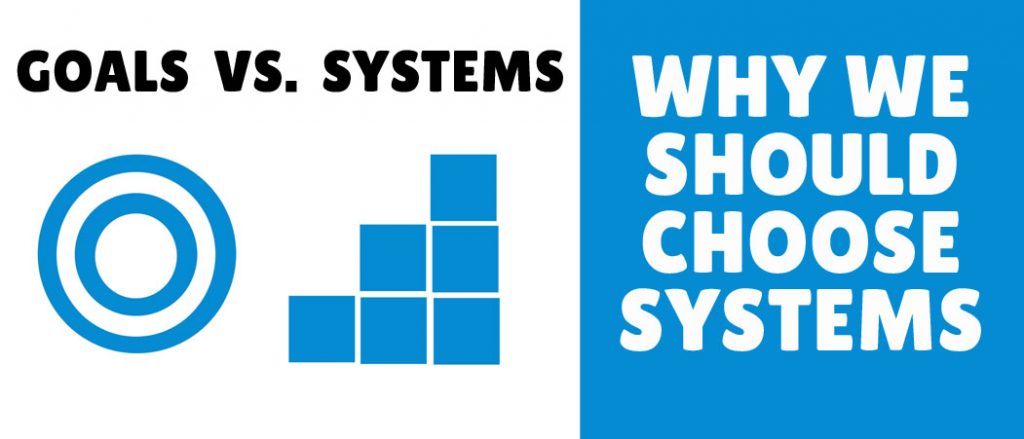In the Bible, Jesus tells the parable of the Good Samaritan in the Gospel of Luke. It is about a traveler who is stripped of clothing, beaten, and left half dead alongside the road. First, a Jewish priest and then a Levite comes by, but both avoid the man. Finally, a Samaritan happens upon the traveler. Samaritans and Jews despised each other, but the Samaritan helps the injured man. Jesus is described as telling the parable in response to a lawyer’s question, “And who is my neighbor?”. The conclusion is that the neighbor figure in the parable is the one who shows mercy to the injured fellow man—that is, the Samaritan.

Inspired by the Good Samaritan parable, Princeton University Theological school experimented in the 1970s. They divided students into various groups and given them the assignment to prepare a sermon on the Good Samaritan. Once the assignment was completed, the students were told to go to different campus building rooms to present their sermons.
On the day of the presentations, all the groups were asked to meet in one big hall. For the first group, the professor gave them the details of their presentation room and asked them to deliver the presentation to the audience waiting in the room. For the next few batches, they did something interesting; they apologized and told them that they are running late, and each batch was expected to start the presentation a few minutes ago. They asked them to hurry and told them that it shouldn’t take long to reach the room, and hence the remaining batches of students rushed to their respective rooms.
On the way, they planted an actor on the campus who is just like the wounded traveler in the Good Samaritan parable. The actor was lying on the ground, hurt and moaning in pain, screaming and crying out. An interesting thing was observed. Every batch went right past the person in need to give the presentation on helping a person in need without paying attention to the person in need. Some of them stepped over the person in pain and went running towards their allocated presentation rooms.
It is what I call the danger of being goal focussed and goal-oriented. All the students had a goal to deliver a presentation as per their allocated schedule. Therefore they are so one-sided and narrow-minded and so focused on their goal that they missed the bigger picture and perspective of what they should have been doing in the first place. It is often a danger of goals.
Call to action …
Therefore think about focussing more on our systems than on our goals.
- If you are a writer, your goal is to write a book. Your system is the writing schedule that you follow each week.
- If you’re a coach, your goal might be to win a championship. Your system is what your team does at practice every day.
- If you’re a musician, your goal might be to play a new piece. Your system is how often you practice and your method for receiving feedback from your instructor.
- If you’re a software engineer, your goal might be to spend 30 minutes every day to keep you up to date and master the technologies that you are associated with.
- If you’re a personal development trainer, your goal is every day to read, file, think, and write for your future presentations.
I am not advocating that goals are useless. I am simply saying that goals are about the results we want to achieve, and systems are about the processes that lead us to those results.
Goals are certainly good for setting a direction, but systems are best for making progress.
Before you go…
If you enjoyed this post, you would love my new book, “Don’t Coast: Accelerate Your Personal and Professional Growth.”
Grab your copy from the below links:
- Amazon.in –> https://amzn.to/2COdigh
- Amazon.com –> https://amzn.to/397xwh4
- Amazon.co.uk –> https://amzn.to/2WFkfXV
- Notion Press –> https://notionpress.com/read/don-t-coast
- Flipkart –> https://bit.ly/3hxEWNx
Please subscribe to my social media channels:
- Facebook: https://www.facebook.com/kishoreborraofficialpage/
- LinkedIn: https://www.linkedin.com/in/kishoreborra/
- Instagram: https://www.instagram.com/kishoreborra/
- Twitter: https://twitter.com/kishoreborra
- Blog: https://kishoreborra.com/